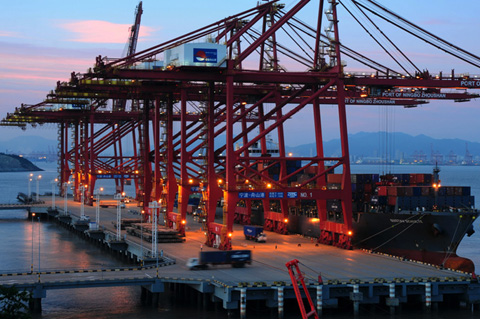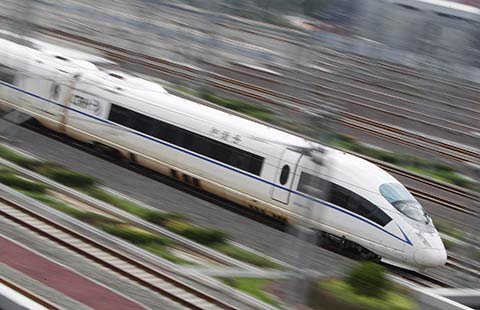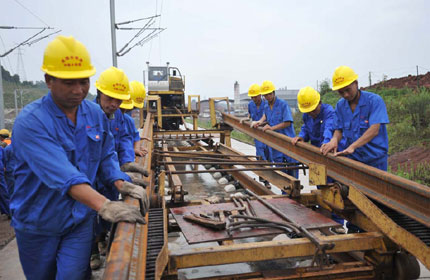Transition or trend? Financial difference will be crucial issue
By Jiang Xueqing (China Daily) Updated: 2014-07-01 07:38"I don't think that a massive loosening of credit at this stage would be a very good idea because the rate of growth in overall debt is pretty high," he said.
The Chinese mainland is going through a set of transitions that other economies have faced before, he said. Spence remembers that South Korea was a major source of shoe manufacturing as was the Taiwanese economy. That was 30 years ago. Now, they are completely different economies.
 |
 |
He said China is completing "very serious, deep reforms", and the reform program is encouraging because it is focused on underlying fundamentals such as deepening of the financial sector, liberalizing deposit rates and regulating the shadow banking system.
In China, experience has taught people who invest in shadow banking products that the returns are high but the risk is still low because the government will guarantee their investments. Actually, the government will not guarantee a money market fund, for example, unless there is a crisis of some kind, Spence said. That is why the government is talking about regulating the sector.
In that context, shadow banking will be part of the financial sector's overall development.
It will expand the nation's savings channels and improve the supply of credit to the small and medium-sized businesses that are an important part of the growth of the domestic service sector, he noted.
"Central bank officials have been trying to get banks and the shadow banking system to behave, so every once in a while they tighten credit just to sort of issue a warning and then loosen it up again. It is a pretty complex game that's going on, but I think they are playing it pretty well," he said.
The biggest challenges for the Chinese economy are genuine, broad structural reform, the rule of law, leveling the playing field, competition and financial sector development, he concluded.
- Indonesia, China reach deal on price hike of gas from Tangguh
- China's June PMI at six-month high
- Chinese tech firm sues Apple for trademark infringement
- China changes loan-to-deposit calculation
- China's quarantine watchdog rejects US GM corn
- China rejected 225 food shipments in May
- Happy campers at Beijing RV trade show
- Lenders may see slower profit growth this year

















